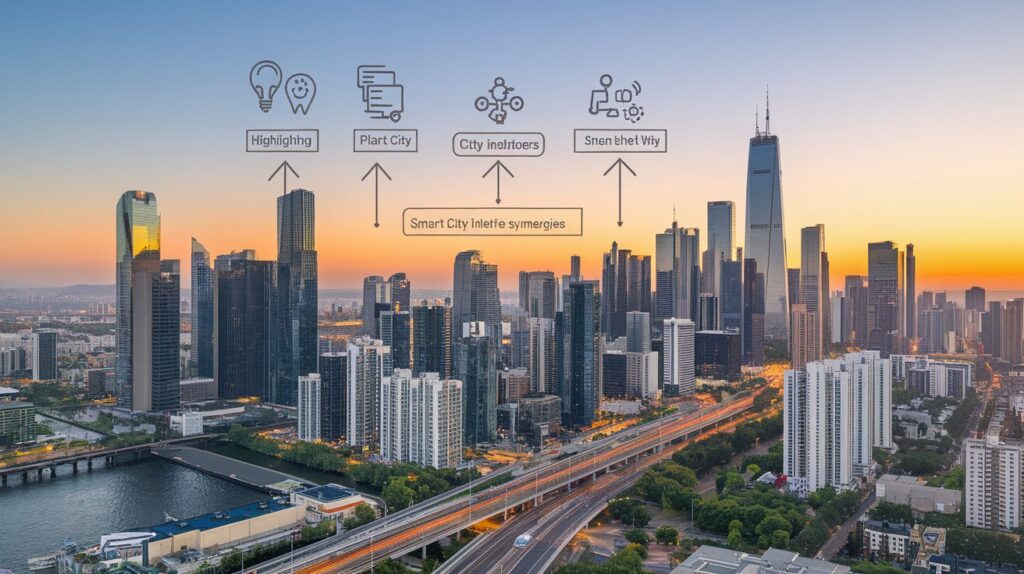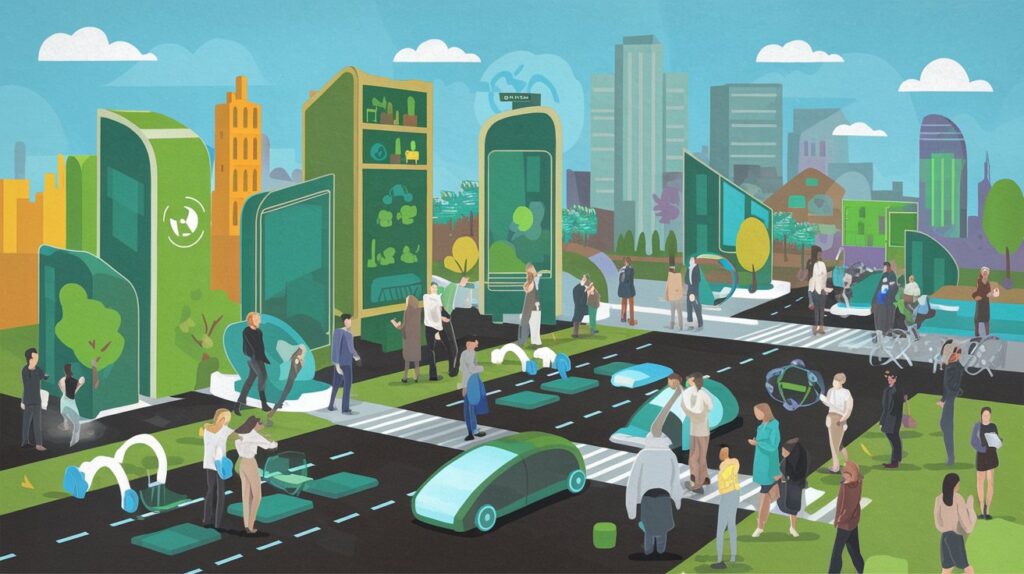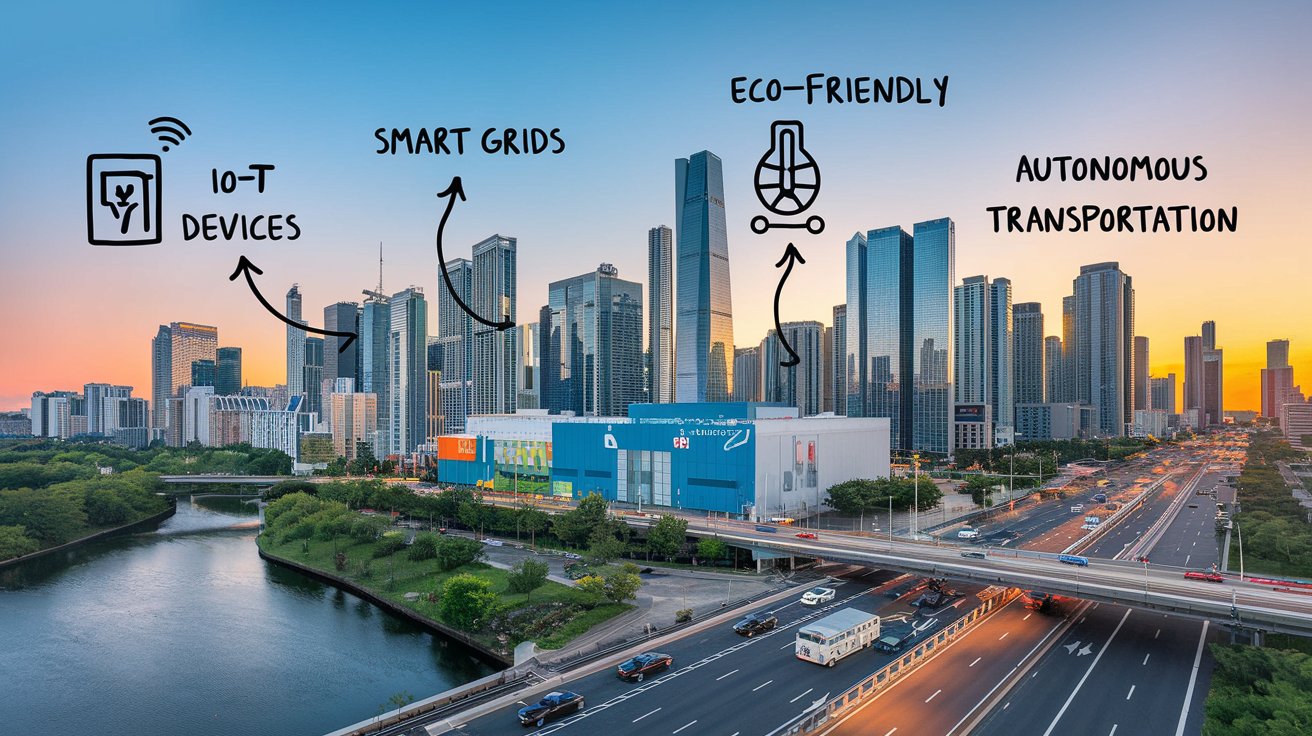Are smart cities the answer to urban challenges? With urban populations expanding rapidly—projected to reach 68% of the global population by 2050—cities are grappling with mounting issues like traffic congestion, housing shortages, pollution, and resource scarcity. Smart cities offer a revolutionary approach to solving these problems by integrating technology, data, and innovation into urban planning. From smart traffic systems that cut commute times to IoT-driven waste management that reduces inefficiencies, the promise of smart cities is both exciting and transformative. But are they truly the ultimate solution to the complex challenges of urbanization? Let’s explore the potential, limitations, and future of smart cities in reshaping the way we live.
Table of Contents
What Defines a Smart City?
Smart cities use technology, data, and the Internet of Things (IoT) to improve the quality of life for residents. Key features include:
- Efficient public transportation systems.
- Renewable energy adoption.
- Smart waste management solutions.
- Real-time data collection for decision-making.

How Smart Cities Address Urban Challenges
- Traffic Management
Smart traffic systems monitor congestion and optimize traffic lights to reduce commute times.
Example: Singapore’s Smart Mobility 2030 program, which uses predictive technology to minimize traffic jams. - Energy Efficiency
Smart grids ensure efficient energy distribution and reduce wastage.
Example: Barcelona saves energy by using sensors to adjust street lighting based on pedestrian presence. - Environmental Sustainability
By leveraging IoT, cities monitor pollution levels and promote eco-friendly practices.
Example: London’s air quality sensors help identify pollution hotspots and enforce green initiatives.
Are smart cities the answer to urban challenges? The Limitations of Smart Cities
While smart cities provide promising solutions, challenges exist:
- Privacy Concerns: Extensive data collection raises questions about privacy and cybersecurity.
- Cost of Implementation: Building smart infrastructure demands significant investment.
- Digital Divide: Not all residents may have equal access to technology.
Are Smart Cities the Ultimate Solution?
Smart cities offer substantial benefits, but they aren’t a one-size-fits-all solution. Collaboration between governments, private sectors, and citizens is essential to overcome limitations. Moreover, smart city initiatives must complement traditional urban planning to ensure inclusivity and sustainability.

Conclusion
Are smart cities the answer to urban challenges? The evidence strongly suggests they play a critical role in addressing modern urban issues. For example, research indicates that smart traffic systems can reduce congestion by up to 25%, while energy-efficient smart grids lower electricity wastage by 30%. Cities like Singapore and Barcelona have shown how data-driven initiatives can save millions annually in operational costs while improving citizens’ quality of life.
Are smart cities the answer to urban challenges? However, success depends on overcoming obstacles. With over 68% of the world’s population projected to live in urban areas by 2050, smart city solutions must scale rapidly. Addressing privacy concerns, ensuring equal access to technology, and securing funding are essential steps for wider adoption. Cities must integrate smart technologies with traditional urban planning to create environments that are not only technologically advanced but also inclusive, resilient, and sustainable.
Smart cities are not a panacea, but they represent a transformative path forward. By leveraging technology and fostering collaboration among governments, private sectors, and communities, urban areas can turn challenges into opportunities and pave the way for a smarter, greener, and more equitable future.





